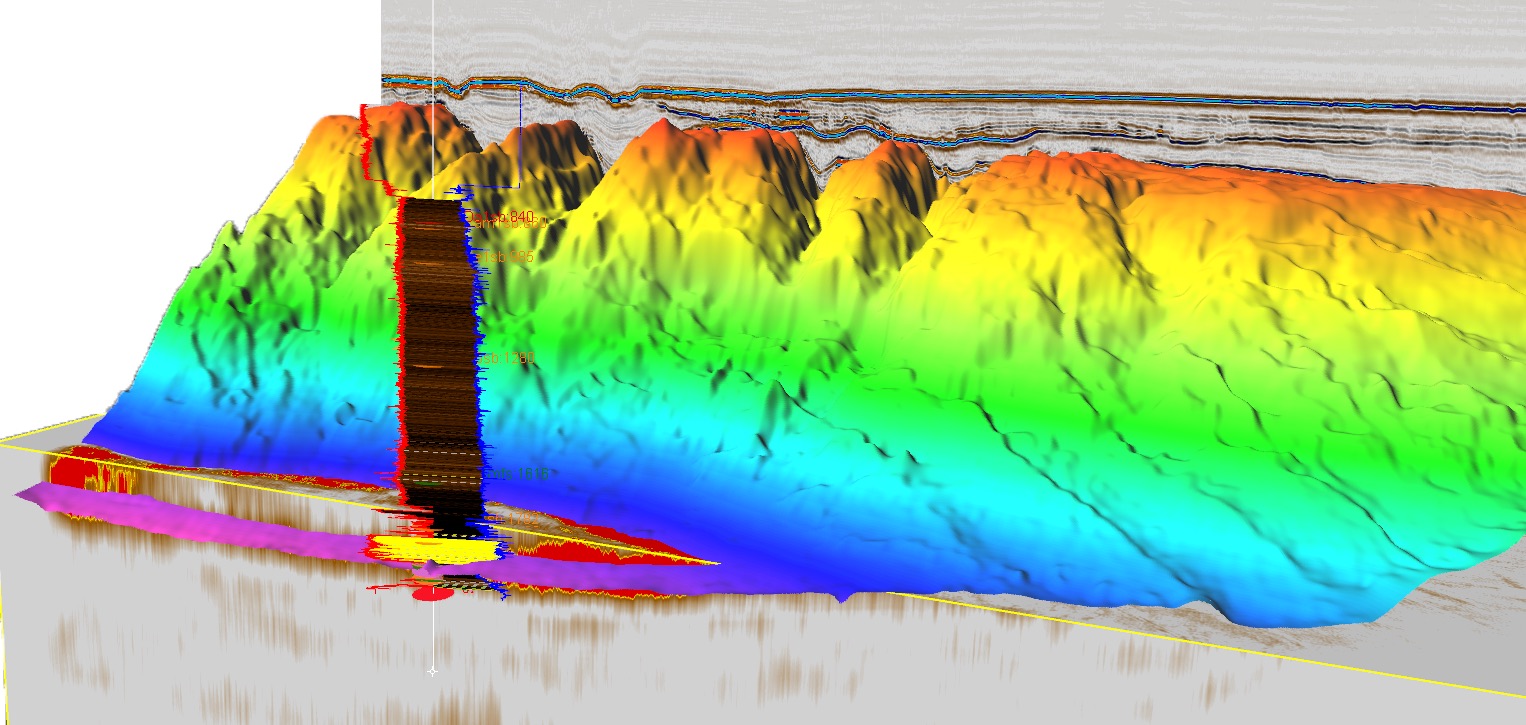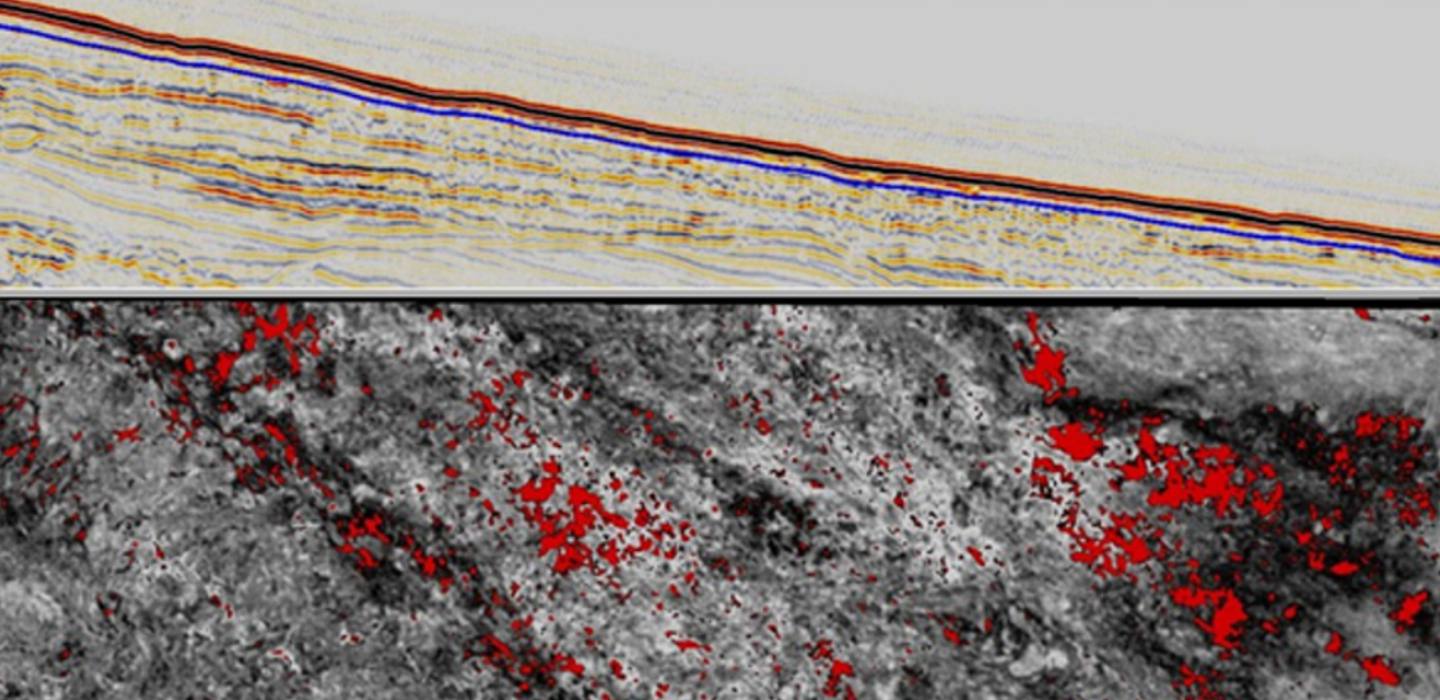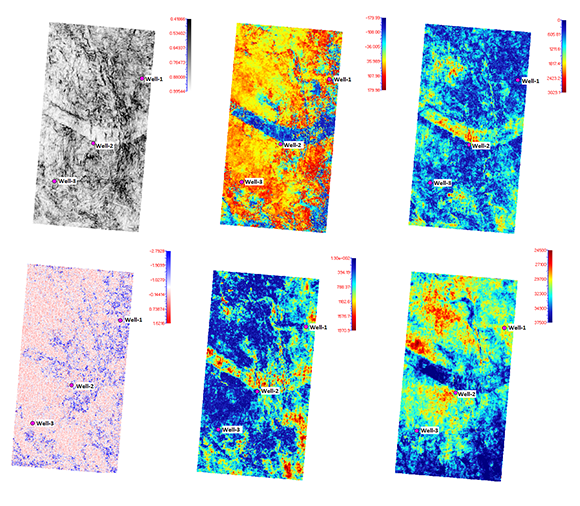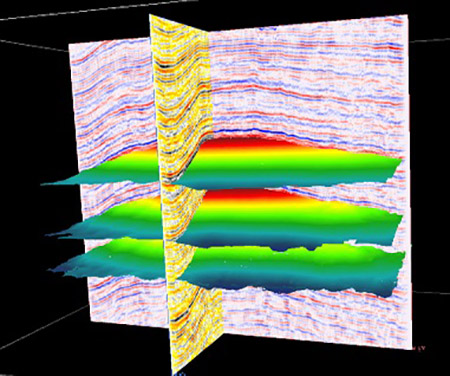

By the end of this CDGA training course, participants will be able to:
Geologists, Geophysicists, Reservoir Engineers, Production Engineers, Petro physicists, Petroleum Engineers, Drilling Engineers, Field Development Engineers, Managers, Asset Managers, Oil & Gas Engineers, Reservoir Operators, Surveillance Engineers, Technicians, Engineering Trainees, Technical Managers, Technical Assistants, Technicians, Chemists, Physicists, Technical Supervisors, Service Company Personnel responsible for improving the performance of petroleum reservoirs.
Structural Interpretation - Prospect Geometry Identification
Seismic Data Analysis and QC
Well-to-Seismic Tying and Horizons Identification
Seismic Data Picking and Mapping – Potential Traps Definition
Velocity Model Construction and Time-To-Depth Conversion
Introduction to Seismic Reservoir Analysis: Potential Reservoirs Analysis
Structural Prospects Identification and Evaluation
CDGA attendance certificate will be issued to all attendees completing minimum of 80% of the total course duration.
| Code | Date | Venue | Fees | Register |
|---|---|---|---|---|
| DE156-02 | 01-06-2026 | Istanbul | USD 5950 | |
| DE156-03 | 13-09-2026 | Dubai | USD 5450 | |
| DE156-04 | 06-12-2026 | Amman | USD 5450 |

Many of our technologies are unique and patented, and offer more and detailed information from your reservoir, enabling you to make better informed, more appropriate and more accurate drilling decisio ...

Seismic geophysics represents a fundamental tool for both the exploration and development of hydrocarbon resources. This course provides the fundamentals and the practical application of seismic princ ...

This course is designed to give a broad-based review of the key seismic interpretational techniques relevant to subsurface analysis. The nature of the seismic response will be considered with referenc ...
Providing services with a high quality that are satisfying the requirements
Appling the specifications and legalizations to ensure the quality of service.
Best utilization of resources for continually improving the business activities.
CDGA keen to selects highly technical instructors based on professional field experience
Since CDGA was established, it considered a training partner for world class oil & gas institution
3012, Block 3, 30 Euro Business Park, Little Island, Co. Cork, T45 V220, Ireland
Mon to Fri 09:00 AM to 06:00 PM
Contact Us anytime!
Request Info